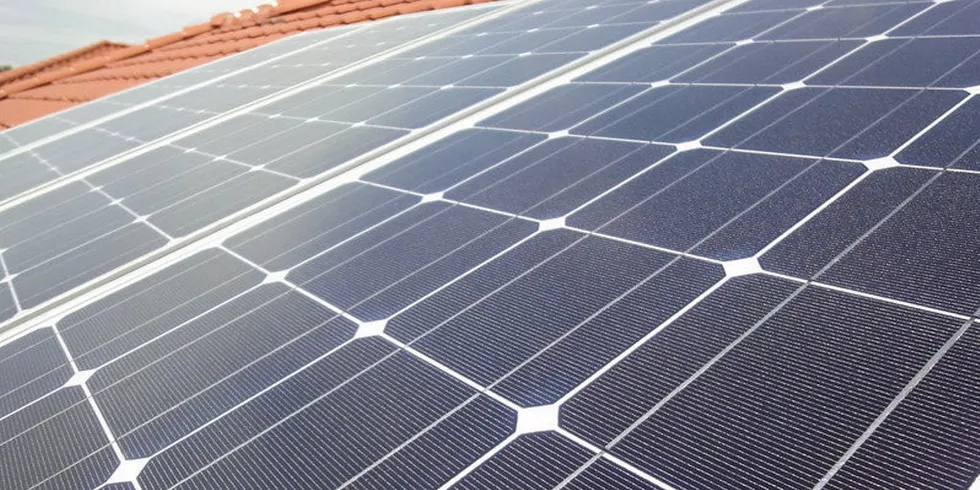Record $750bn energy transition spend must 'triple then double again' to hit Paris target
Runaway renewables spending in Asia supercharged global investment in clean power and electrification, but best-ever green spending growth far shy of helping reach global decarbonisation goals
